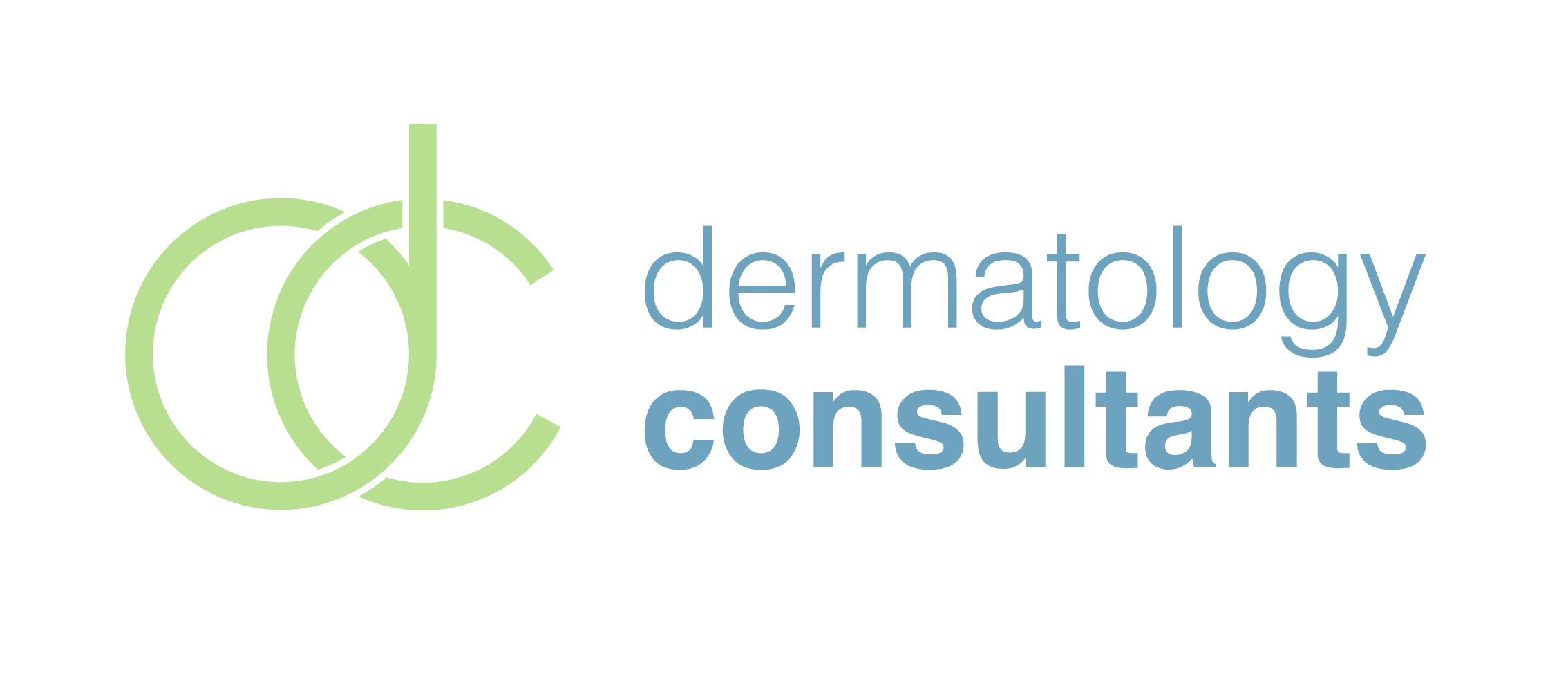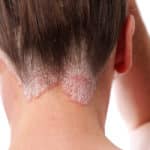High School and Bad Skin: Skin Treatments for Teens
When your teen has proven to be very dedicated to his or her skincare regimen, applying doctor-suggested or prescribed acne-fighting cleansers and creams, doing everything possible to minimize acne flare-ups, but the progress just does not seem to be as effective as you would both like, it is time to take the next step with a board-certified dermatologist as your teen’s partner and coach in revving up acne-fighting results.
A dermatologist will assess your teen’s skin conditions and teen acne severity, as well as your teen’s skin type, and create a plan that may progress from prescription-strength acne medications, perhaps to oral medications, perhaps to a combination of medications. Your teen’s acne medication plan may include:
- Retinoids — help to unclog pores and help prevent both whiteheads and blackheads.
- Antibiotics — fight p. acnes, an acne-causing bacteria. Your doctor may prescribe pills or medicine applied on your skin.
- Prescription-strength benzoyl peroxide – fights bacteria and helps clear pores.
Sometimes using two medicines at once clears up your skin. Some treatments are combined into a once-a-day treatment.
As a part of your teen’s custom skincare treatment plan, the dermatologist may suggest non-surgical, safe cosmetic treatments proven effective and FDA-approved for reducing acne.
Teens are quite savvy about dermatology and facial procedures, their friends might go for facials as often as mani/pedis, and getting a chemical peel can be seen as an impressive ‘pampering’ ritual by your teen’s friends. Thus, shame and embarrassment might not be as much of a factor for your teen as you might expect. Teens’ favorite celebrities, after all, have flawless skin, as well as top dermatologists of their own, so your teen’s dermatology treatments could make her feel on par with her favorite teen celebrities.
Among the in-office, non-surgical, FDA-approved treatments for acne are the following:
Gentle Chemical Peels
Chemical peels can be effective in helping to reduce teen acne outbreaks, by removing dead skin and controlling bacterial growth on the skin. Gentle chemical peels can be customized to suit sensitive skin, and today’s chemical peel medications and procedures most often require no downtime. Peeling and redness are to be expected after a chemical peel of any strength, and your teen will be strongly advised to follow doctor’s orders in caring for their skin to reduce their odds of infection and scarring.
Microdermabrasion
Performed safely by a board-certified dermatologist (and not a salon esthetician who, if not trained properly and not experienced in your teen’s skin type and acne severity can potentially cause harm to your child’s skin,) microdermabrasion is a process in which your dermatologist uses special tools to remove skin cells via a special instrument that sprays tiny exfoliating crystals on the skin, safely removing fine, thin top layers of skin to reveal fresh, new skin beneath. Microdermabrasion works on all skin types and colors. It makes subtle changes, causing no skin color change or scarring. After treatment, skin may be temporarily pink but fully recovers within 24 hours.
Cortisone Injections
If your teen has deep cystic pimples or painful pustules, a dermatologist is best consulted for treatment before your teen experiences scarring from these conditions. Cortisone injections, administered by a board-certified dermatologist, can improve these conditions.
Light Therapy
New innovations in light therapy may be your dermatologists’ choice in treating your teen’s acne, so meet with a board-certified dermatologist to explore the options in light therapy, or perhaps in laser skin treatments, to help your teen be free from troubling acne.





